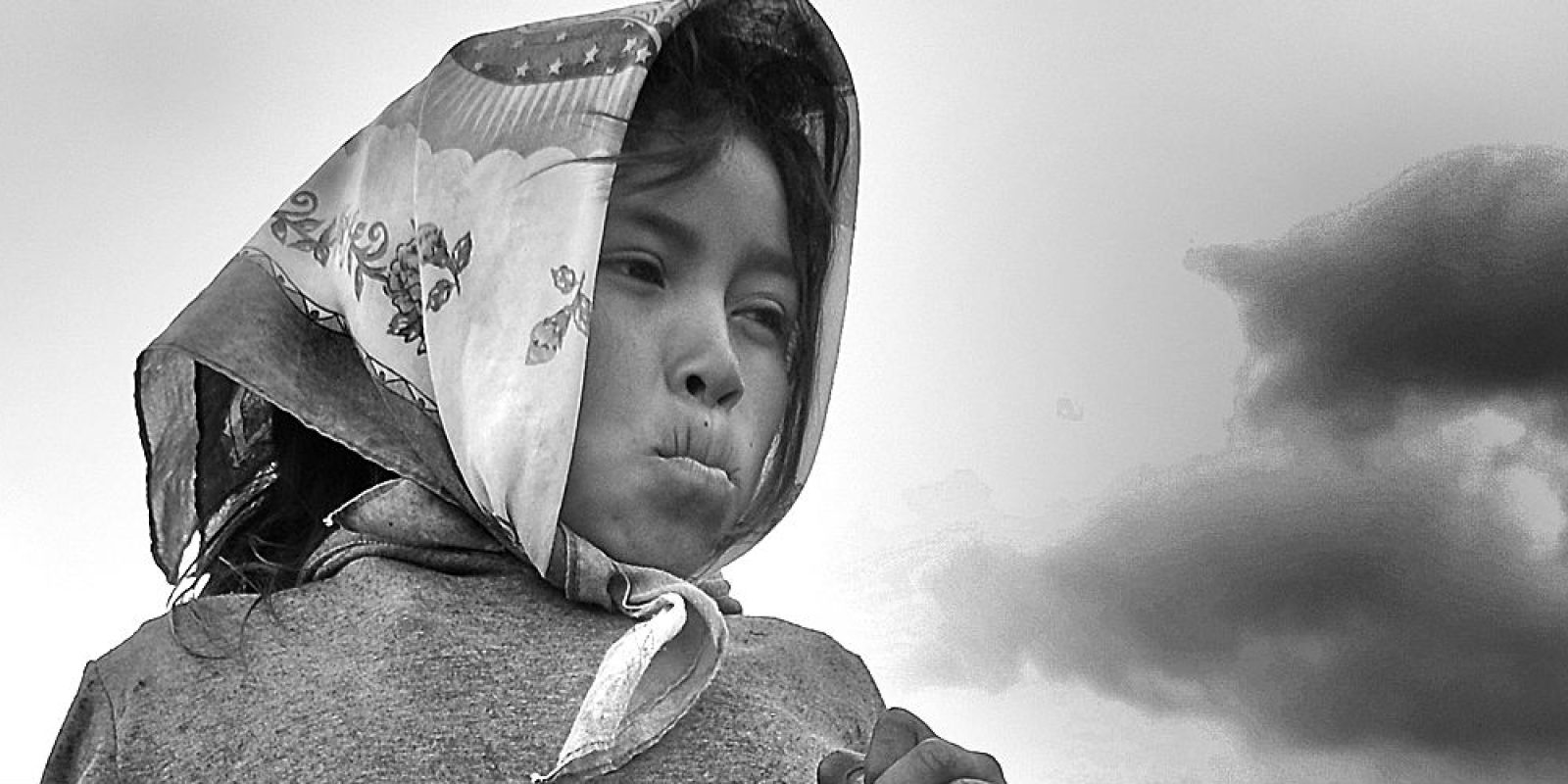As part of its month-long programming initiative focused on Migration, El Museo del Barrio, in collaboration with Colectiva Infancias, and a network of social anthropologists and photographers present a special panel discussion about the migrant child experience. The discussion complements the new exhibition Dreaming up North: Children on the Move Across the Americas, on-view in our Cuéntame Galleries (behind Visitor Services area) throughout the month of September. Panelists include Mexican social anthropologist Valentina Glockner Fagetti; Associate Professor of History, Barnard College, Nara Milanich; Mexican documentary photographer and photojournalist, Cinthya Santos Briones; and assistant professor of Teaching and Learning at The Ohio State University, Sarah Gallo.
Learn more about the exhibition >
FREE ADMISSION.
To RSVP, click here.
—
ABOUT THE PANELISTS:
Valentina Glockner Fagetti
Valentina Glockner Fagetti Is a Mexican social anthropologist specializing in the study of childhood, child labor, child migration, poverty, transnationalism and development issues. She has a wide experience in social research and methodologies based on the use of photography, narrative, play, drawing, and video as alternative means for constructing knowledge and self‐representation. Since 2005, she has conducted fieldwork and research with indigenous, migrant and working children in Mexico, Bolivia, and India. She has been awarded three of the most prestigious national prizes in anthropology in Mexico. In 2008 she published the book De la Montaña a la Frontera: identidad, representaciones sociales y migración de los niños mixtecos de Guerrero, and is currently preparing her second book on child labor and migration in India. Valentina is devoted to academically and theoretically solid research emerging as a result of a face‐to‐face approach with children and their communities. Her research and methodologies are based on the acknowledgment that children’s knowledge and subjectivities are crucial to social research and development projects.
Nara Milanich
Nara Milanich, Associate Professor of History, joined the faculty of Barnard in 2004. Her scholarly interests include modern Latin America, Chile, and the comparative histories of family, gender, childhood, reproduction, law, and social inequality. Professor Milanich teaches courses ranging from the Modern Latin American History survey to a comparative seminar on the “Global Politics of Reproduction.” She works closely with PhD students in Latin American History at Columbia. Professor Milanich has also taught in and directed the Masters in Latin American Studies (MARSLAC) based in the Institute for Latin American Studies.Her research and scholarship have been supported by the Fulbright Commission for Educational Exchange, the Social Science Research Council, the National Endowment for the Humanities, Unesco, and the American Council of Learned Societies.
Cinthya Santos Briones
Cinthya Santos Briones, is a Mexican documentary photographer and photojournalist based in New York City. She studied Anthropology and Ethnohistory. Her interest in documentary photography emerged through her ethnographic work an anthropologist in indigenous communities in Mexico, in which she documented ceremonial and healing rituals, immigration, and transnational lives in New York. Her work has been influenced by the struggle for human rights, focusing on issues of migration, gender, and identity. Her images explore the relationship between space, memory, time and culture. Cinthya is a recent graduate of the Visual Journalism and Documentary Practice Program at the International Center Of Photography in New York City and has received numerous fellowships and awards. Her work has been published in several outlets such as the New York Times and Vogue.
Sarah Gallo
Sarah Gallo is an assistant professor of Teaching and Learning at The Ohio State University. As an anthropologist of education who conducts ethnographic research across immigrant children’s schools, homes, and communities, she critically engages in promoting school-based learning that better recognizes and builds upon young children’s mobile and heterogeneous resources in the United States and Mexico. This includes the traditional and innovative bilingual language and literacy skills that are rarely recognized in their monolingual classrooms and knowledge that they develop related to their immigration experiences. Rather than positioning these educational resources as unwelcome or dangerous for learning, she seeks to bring attention to the ways that we can productively contribute to policies, educational practices, and teacher preparation that recognize bilingualism and immigration experiences—including undocumented status—as axes of difference that must be supported for effective and equitable schooling.
This exhibition and related programming was made possible thanks to the support of the Honorable Ben Kallos, New York City Council District 5.

